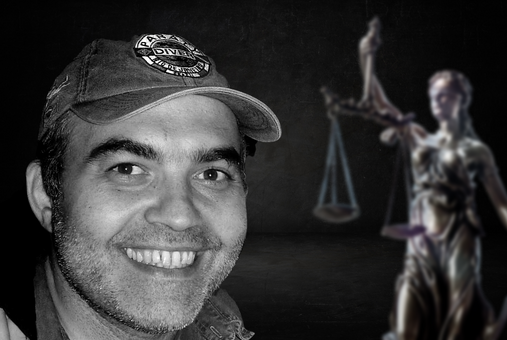
Brazilian journalist Pedro Palma was murdered on Feb. 13, 2014 in Miguel Pereira in the state of Rio de Janeiro. Nine years later, the investigation into the crime remains open and no one has been held responsible. This is one of 25 cases in Brazil with “complete impunity,” according to the Committee to Protect Journalists. It illustrates obstacles to holding accountable the perpetrators and masterminds of crimes against journalists in the country.

Over the past twenty years, Colombian journalist Claudia Duque has been targeted for her work. She’s been abducted, tortured, threatened, followed and surveilled. Justice for these crimes has been limited. Despite this, she continues to focus on her own journalistic investigations, mainly into crimes against other journalists.
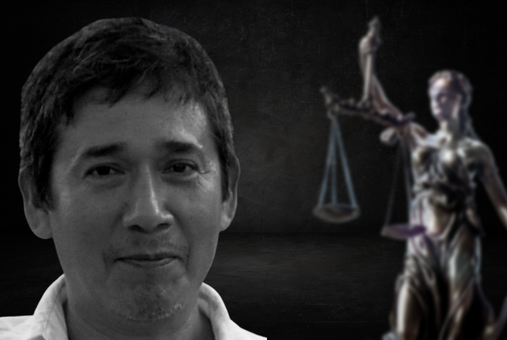
On Jan. 2, 2015, Mexican journalist Moisés Sánchez Cerezo was abducted from his home by armed men. Days later his body was found lifeless and with signs of torture. In the past almost nine years, his family has been dedicated to finding justice with different governments, without much success.
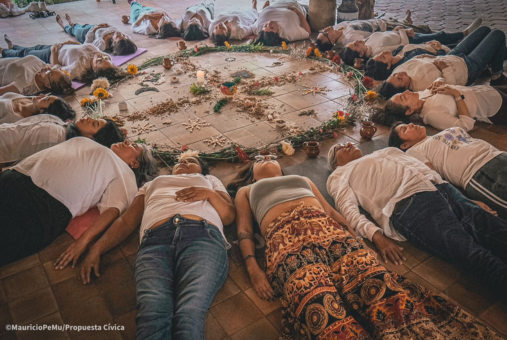
To address the relentless violence and threats against journalists in Mexico, the human rights NGO Propuesta Cívica [Civic Proposal] established the Tejidos Solidarios [Weaving Solidarity] network. This initiative employs a unique methodology to provide psycho-emotional and legal support to the families of murdered and missing journalists. Additionally, it aims to honor their memory.
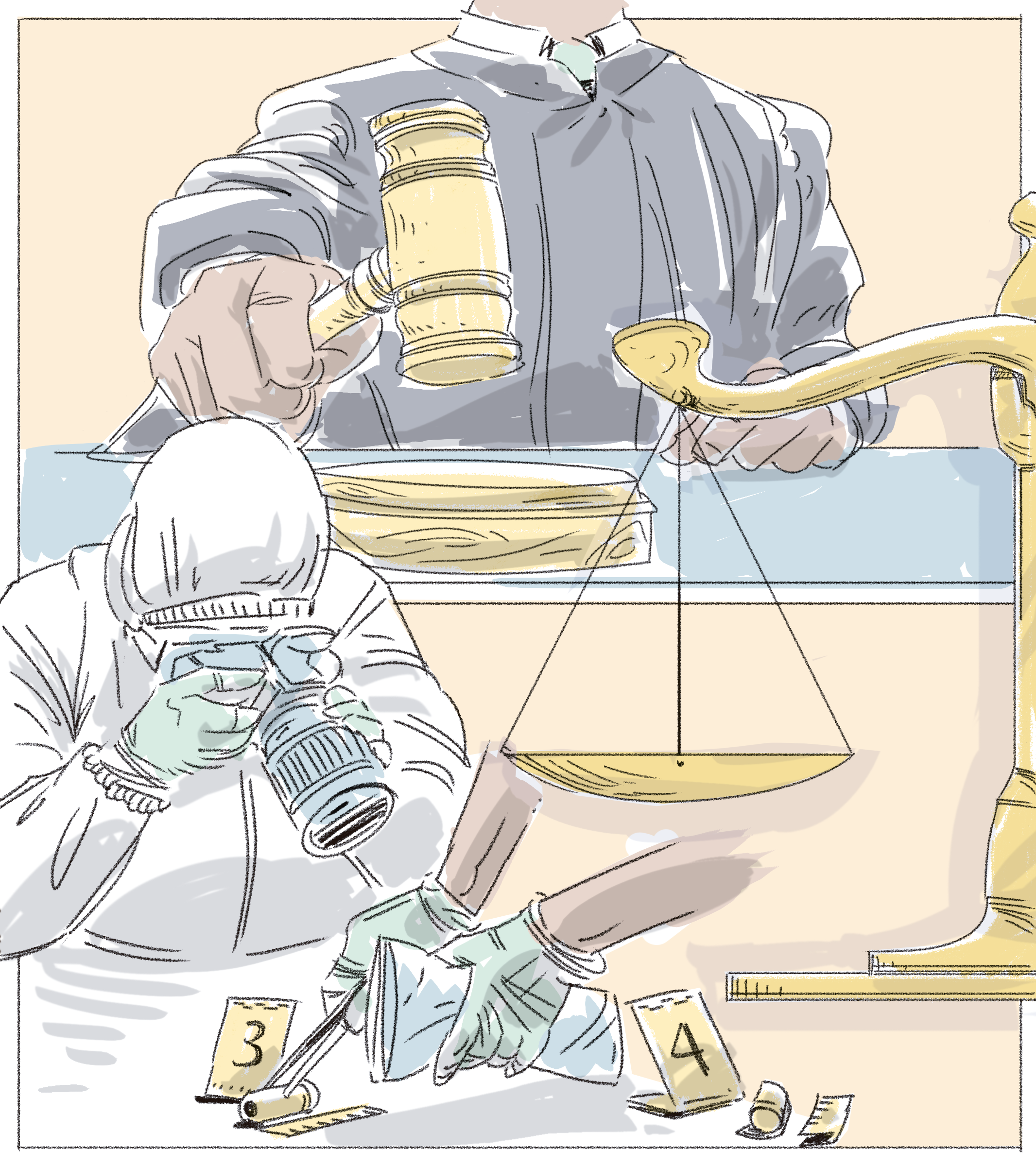
For experts, as long as there is no comprehensive policy focused on prevention, protection and prosecution of crimes against journalists, it will be difficult for the panorama to change. But the support of society is also needed: It needs to understand and defend freedom of the press as a collective right.

The Committee to Protect Journalists published the Global Impunity Index that lists the top 12 countries where perpetrators of crimes against journalists go free. Mexico and Brazil are the Latin American countries that made the ranking.
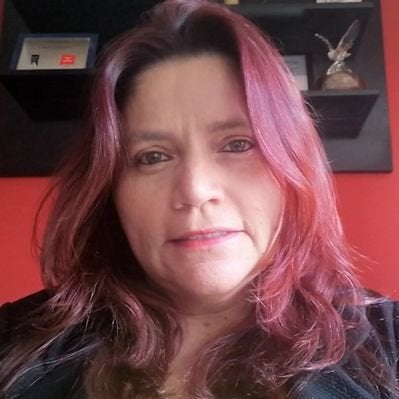
Colombia’s FLIP denounced that the organization in charge of protecting journalist Claudia Julieta Duque collected sensitive data from the reporter through detailed monitoring from the GPS installed in her vehicle given as part of a protection scheme.
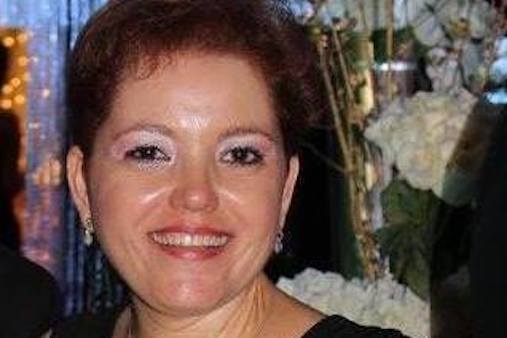
In a move celebrated by journalists and press freedom advocates, Mexican officials announced the arrest of a former mayor in the 2017 murder of journalist Miroslava Breach.

One of the main missions of site Reporteros de Investigación of Honduras is to investigate the murders of its colleagues, as well as obstacles to press freedom in the country.

Mexico has witnessed an increase in violence against media in just 10 days. Three journalists were killed in different states, one more is missing and in videos spread on the internet, it’s possible to hear shots ring out during coverage of a protest against femicides.
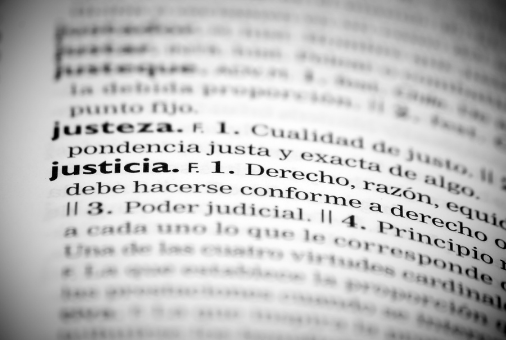
Special reports reveal Mexico as not only the deadliest country in Latin America for journalists, but a global leader in that undesirable category. Along with Brazil, it is also one of the worst countries in the world for convictions of murderers of journalists.
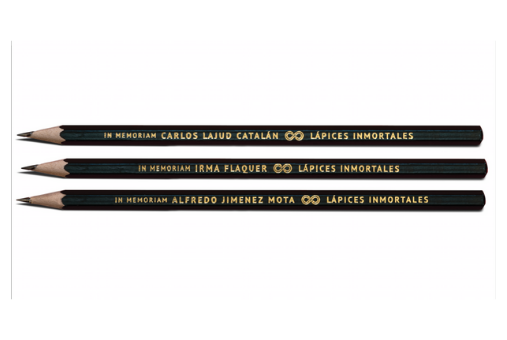
With three new initiatives, the Inter-American Press Association seeks to innovate its work on combating impunity in crimes against journalists, monitoring the state of freedom of expression in the region and supporting its partner media in the digital transformation of the journalism industry.